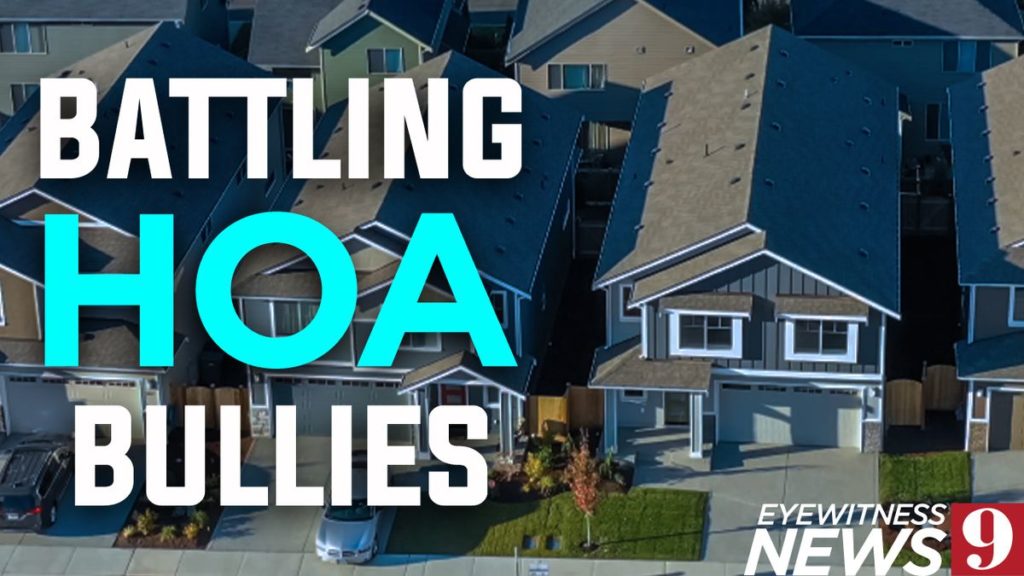Below is a review of the posts (on Facebook, LinkedIn, and Twitter) from the past week. You can check out the full posts by clicking on the links.

fmla retaliation
In the post on Sunday 2/28/21, we learned that a Quest Diagnostics employee fired 5 months after leave has no FMLA retaliation claim. Strong had worked for Quest for many years and took FMLA leave three times. When she returned from the last leave, she had a surprise: she was told that a new employee was in her position and she was being transferred. A few months later, she was fired (the reason given is in the post). She sued. The court looked at factors that would show a nexus (evidence that the employer’s retaliation for the leave was really the basis for termination), including suspicious timing, ambiguous statements suggesting retaliatory intent, and more as noted in the post, and made its ruing. Timing can be key; several examples of how it can play out are in the post.
TAKEAWAY: Make sure to document the reason for adverse action, especially if it follows closely on the heels of protected activity by the employee against whom the action is being taken.

The post on Monday 3/1/21 was about understanding the EEOC’s COVID vaccine Guidelines. What can you as the employer do? What will employees or customers/clients think of your decision (and will it affect their dealings with your company)? The EEOC’s Guidance includes the ADA, Title VII, and GINA. Just a few of the questions covered are whether employers can require employees to get COVID vaccinations (which we covered in our prior posts here and here), whether employers can ask for – or require – employees to show proof of COVID vaccination (yes, if done properly as explained in this post), how to deal with employees who cannot be vaccinated due to a disability or religious beliefs (again, explained in the post and also our prior post), what happens if you cannot provide reasonable accommodation to an employee who cannot comply with a mandatory vaccine policy (yes, discussed in the post), and more.
TAKEAWAY: As employers deal with COVID and vaccination issues, it is important to stay in touch with your employment lawyer so that all steps are taken properly and legally.

The post on Tuesday 3/2/21 told us that Google has been allowing advertisers to exclude non-binary people from seeing job ads. This exclusion was also available to landlords. How did it work? Advertisers could direct Google not to show their ads to people of “unknown gender”. What that means is explained in the post. Once alerted to this , Google said it would crack down on the practice. (Query: how could Google not know that its system allowed this from the start? Well, it sets out parameters from which advertisers can select. Google’s polices differed (see the post), but its actions did not comply (including on YouTube, which Google now owns. When the media outlet that discovered this contacted one of the advertisers (an international company – see the post), it declined comment. So how else do Google’s polices say one thing and its selections parameters allow something different in the employment and housing areas? See the post. One would think Google had learned from the suit against Facebook that was similar to what is happening here and HUD’s recent work with Google (see the post for more on the suit and Google’s work with HUD).
TAKEAWAY: Just because you CAN do something doesn’t mean you SHOULD do it, especially if it is illegal.

From the post on Wednesday 3/3/21 we learned whether an employee can object to mandatory COVID-19 vaccines on religious grounds. This is especially important to employers that have (or will) require vaccination. So we go back to the EEOC Guidance discussed in our post 3/1/2021. Yes, vaccination can be mandatory – but the employer also has an obligation to reasonably accommodate those who cannot be vaccinated due to disability or religious beliefs. How the Guidance defines the latter is in the post and is very broad. Once the employee explains the basis for not getting vaccinated, the employer must determine if that creates an undue hardship for it. How that might play out in different workplaces is discussed some in the post but will realistically be fact specific. An employer’s failure to accommodate an employee who cannot be vaccinated might also lead to litigation against the employer; even if defeated, there will still be a cost to the employer (See the post for an example.
TAKEAWAY: If you are going to require employee vaccinations against COVID, you must also have a policy on accommodating those who cannot get vaccinated. Work with your employment lawyer.

In the post on Thursday 3/4/21 we learned about a couple threatened with foreclosure for a debt they don’t owe. Condo and Homeowner Associations have many options to collect monies owed to them, including foreclosing against the unit itself. But the owner of the unit must actually owe the debt – unlike the situation reported on in the post. Ugh.
TAKEAWAY: Ensure that your Association’s records are correct. Get help from a community association lawyer if needed.

The post on Friday 3/5/21 told us the FHA now applies to LGBTQ persons – and what changed. The announcement from HUD came in early February and means that it will now investigate complaints of housing discrimination related to sexual orientation and gender identity. To what does the FHA apply? See the post. Now the definition of “sex” has been expanded. This protection is expected to help LGBTQ renters, buyers and owners; some examples are in the post. While President Biden signed an Executive Order on his first day that called on federal agencies to expand protections to include sexual orientation and gender identity, the main impetus is the Supreme Court’s decision in Bostock v Clayton County (the holding of which is also in the post if you’ve forgotten).
TAKEAWAY: Associations must know the law – all applicable law – so engage a good community association lawyer to assist.

Finally, in the post yesterday 3/6/21, we looked at the Executive Order combating discrimination against the LGBTQ community mentioned in our post 3/5/2021. As noted, on his first day, President Biden signed an Executive Order preventing discrimination on the basis of sexual orientation and gender identity. It is based on the holding in Bostock. It now brings under the umbrella those federal agencies who tried to distinguish Bostock; in fact, the Executive Order specifically mentions the areas of those agencies, all of which is explained in the post. What else does the Executive Order do (and how does it tie in to our post on 3/5/21)? See this post.
TAKEAWAY: Bostock was decided under Title VII, but the Executive Order is much broader; there might now be conflicts with state law so know what is or it not required or allowed.

 York, Pennsylvania 17403
York, Pennsylvania 17403